Publications
Articles, publications, books, tools and multimedia features from the U.S. Institute of Peace provide the latest news, analysis, research findings, practitioner guides and reports, all related to the conflict zones and issues that are at the center of the Institute’s work to prevent and reduce violent conflict.
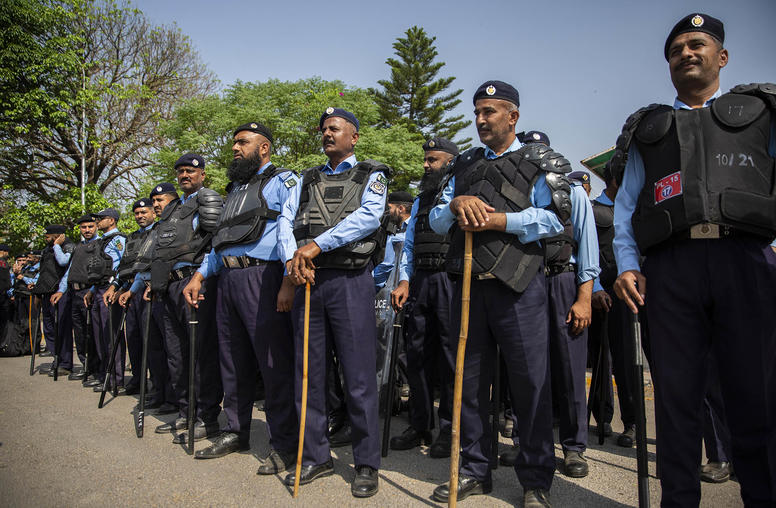
Pakistan’s Parliamentary Period Ends as Election Uncertainty Looms
A five-year parliamentary term just concluded in Pakistan, marking the third such term since the country's 2008 transition from military rule. These past five years were marred by domestic political tumult and an outsized — at times decisive — military role in politics. During this period, Pakistan witnessed two ruling coalitions with different prime ministers: the Imran Khan-led Pakistan Tehreek-e-Insaf (PTI) and allied parties from August 2018 to April 2022, followed by the Shehbaz Sharif-led Pakistan Muslim League Nawaz (PML-N) and allies from April 2022 until this week. Top political leaders also faced legal issues — most recently, Khan was convicted for illegally selling state gifts and disqualified from contesting the election.
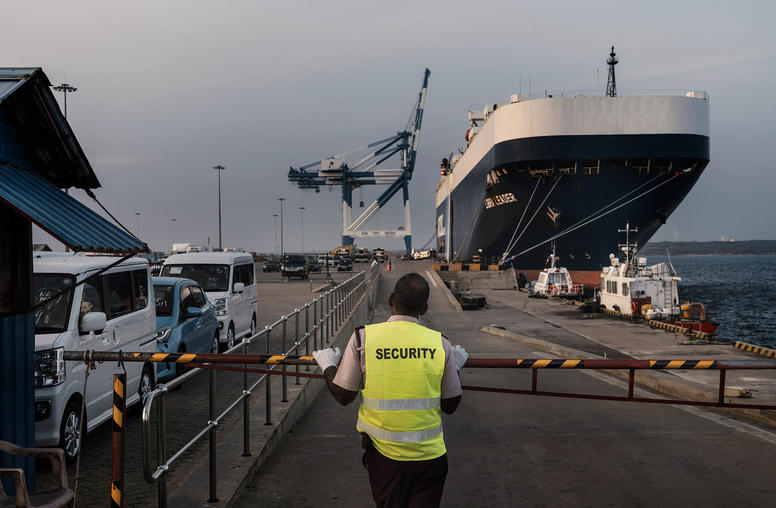
Indian Ocean Basing and Access: How Smaller States Navigate Major Power Competition
In late July, Sri Lankan President Ranil Wickremesinghe traveled to New Delhi to meet with Indian Prime Minister Narendra Modi. The trip addressed several important issues, such as greater connectivity. However, there was one item on the agenda that did not receive much media attention despite its potential impact on Indian Ocean regional security: Sri Lanka’s new standard operating procedure (SOP) to determine which military and non-military ships and aircraft may visit the country.
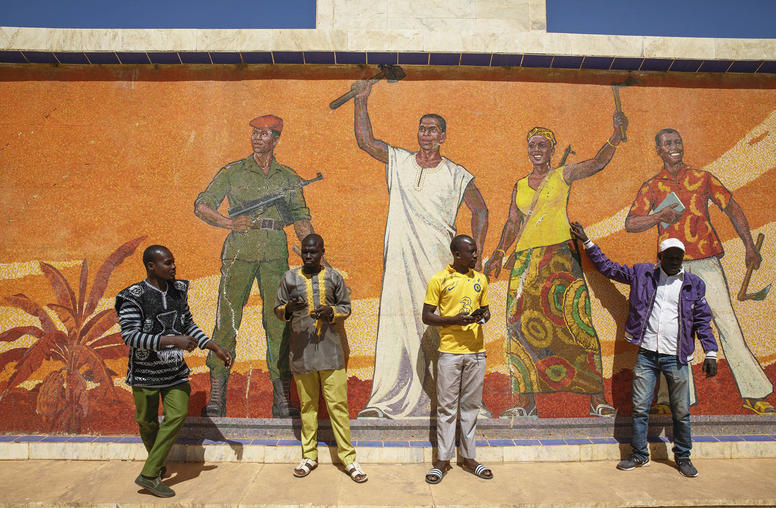
How to Respond to Niger’s Coup — and Prevent the Next One
Military officers in Niger are rushing to consolidate the power they seized 15 days ago, while West Africa’s elected governments and regional institutions are seeking ways to reverse the July 27 coup d’état. Niger’s coup seems a particular setback for democracy, completing a six-nation belt of military regimes across Africa’s Sahel region. Amid this uncertain power struggle, how can the world support Africans’ demonstrated demand for elected, democratic governance that meets their peoples’ needs? We should begin by hewing to several basic principles. One is to keep our responses to coups coherent — but not uniform. Niger’s coup is distinct; our response must be as well.
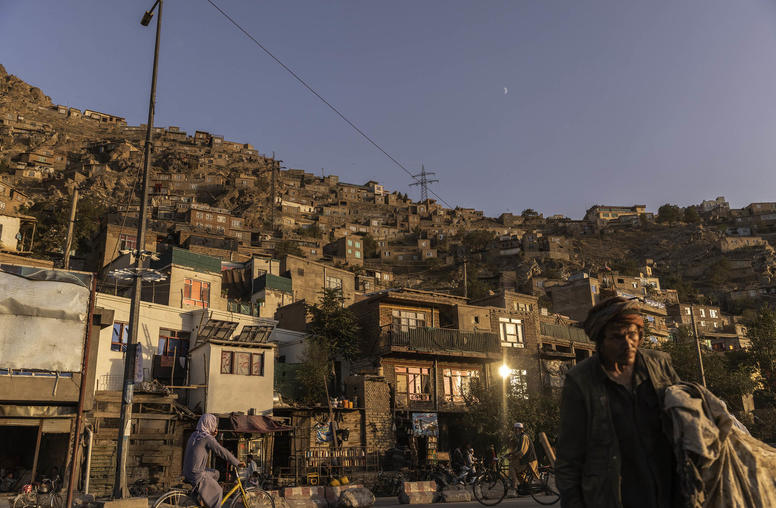
Two Years into Taliban Rule, New Shocks Weaken Afghan Economy
The Taliban have done a better job than expected in managing the Afghan economy despite some missteps. But nevertheless, the Afghan economy seems caught in a low-level equilibrium that leaves most Afghans poor, hungry and in need of humanitarian assistance. Moreover, new headwinds threaten to precipitate further economic decline, risking a repeat of the economic free-fall seen in the initial months following the August 2021 Taliban takeover. Much will depend on whether aid declines sharply or gradually, how seriously the opium ban is enforced for a second year during this fall’s planting season, and whether Taliban gender restrictions are tightened, maintained or weakened.
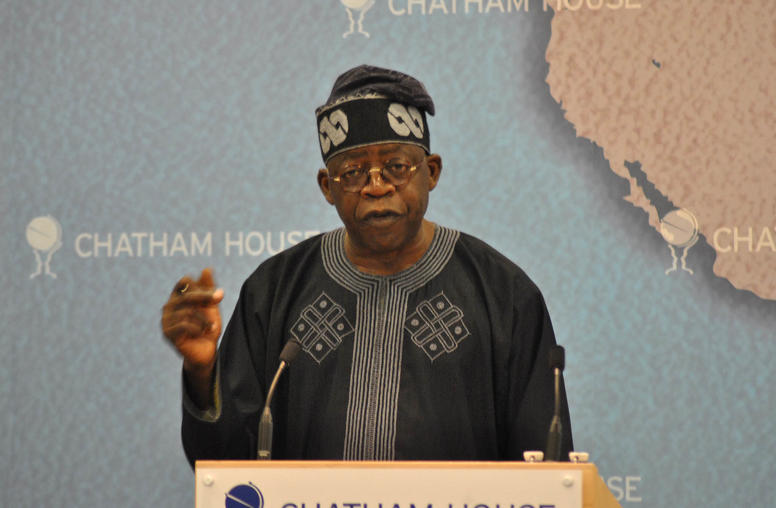
West Africa’s Leaders Face the High Stakes of Niger’s Coup
Amid the global challenges to building international stability and peace, a crisis increasingly forcing itself to the foreground — even amid those of record human displacement, climate degradation and unresolved wars — is the plunge by six countries across Africa’s Sahel region into coups d’état and military rule. Eight coups since 2020 have left 150 million people under rule by their armed forces. The latest coup, in Niger, is drawing a heightened international response, and a key player, the 15-nation West African community, today that it will pursue a long campaign of economic and diplomatic pressure, and that it sees military force as a last resort.
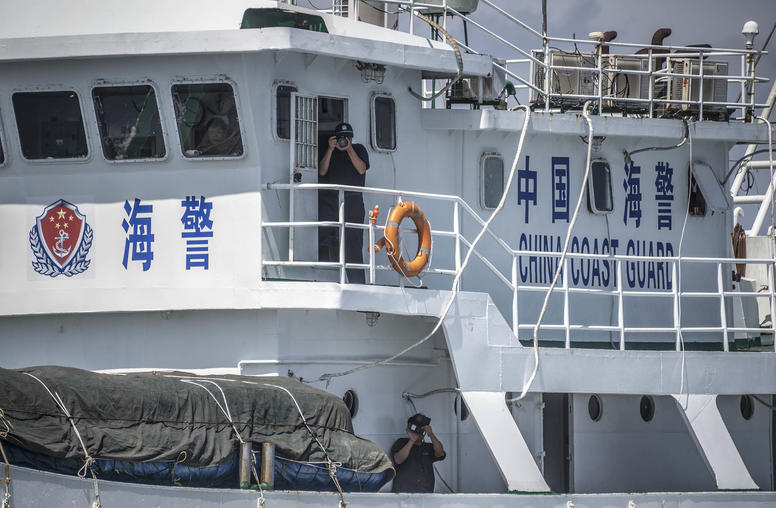
Five Flashpoints in the Philippines-China Relationship
The flashpoints should be viewed against the backdrop of China’s new coast guard law, which took effect on February 1, 2021. Under this new coast guard law, China’s Coast Guard is authorized “to use all necessary measures including the use of weapons” to enforce China’s territorial and maritime claims, in the South China Sea, the East China Sea and the Yellow Sea.
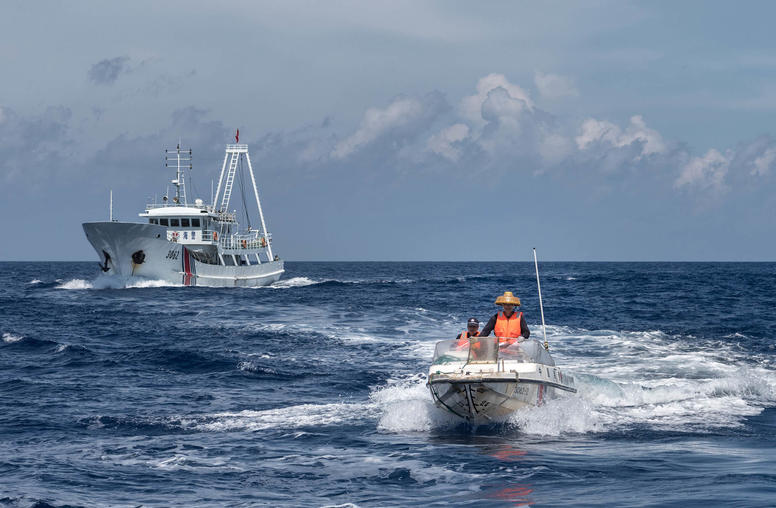
How Should the U.S. Respond to China’s Brazen Pursuit of Spratly Islands Claim?
In recent weeks, the People’s Republic of China (PRC) has dispatched ships and other maritime forces to the disputed Spratly islands near the Philippines. The goal has been to coerce the Philippines into withdrawing from the contested Second Thomas Shoal, effectively ceding it to the PRC. China’s actions are in defiance of the international Permanent Court of Arbitration’s findings that undermine PRC claims to the Spratlys. They therefore constitute a serious challenge to the international rules governing maritime conduct, as well as to broader peace and stability in the South China Sea, through which enormous amounts of global trade flow.
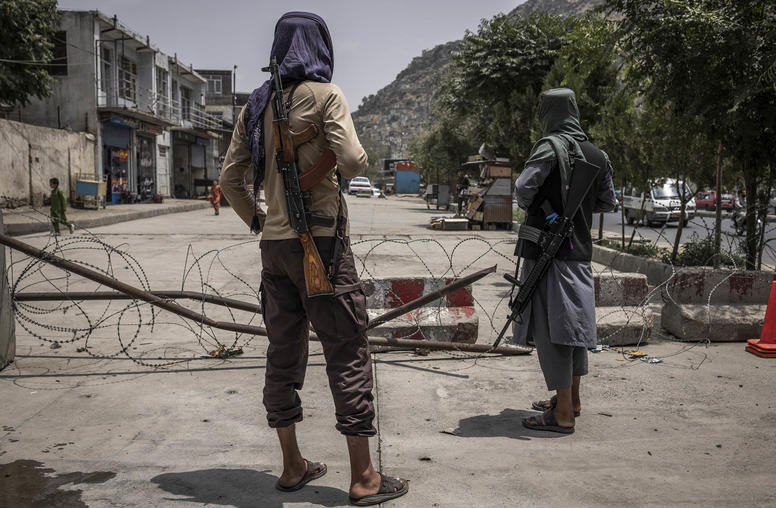
Two Years Under the Taliban: Is Afghanistan a Terrorist Safe Haven Once Again?
Two years into Taliban rule, the question of whether Afghanistan would once again become a safe haven for international terrorism remains alive. Longstanding fears were affirmed a little over a year ago, when the U.S. government located al-Qaeda leader Aimen al-Zawahiri in Kabul, Afghanistan, before killing him in a drone strike. The fact that the Taliban would bring Zawahiri back to Kabul, despite repeated assurances to U.S. negotiators both before and after the Doha agreement that they had distanced themselves from al-Qaeda, significantly elevated concerns.
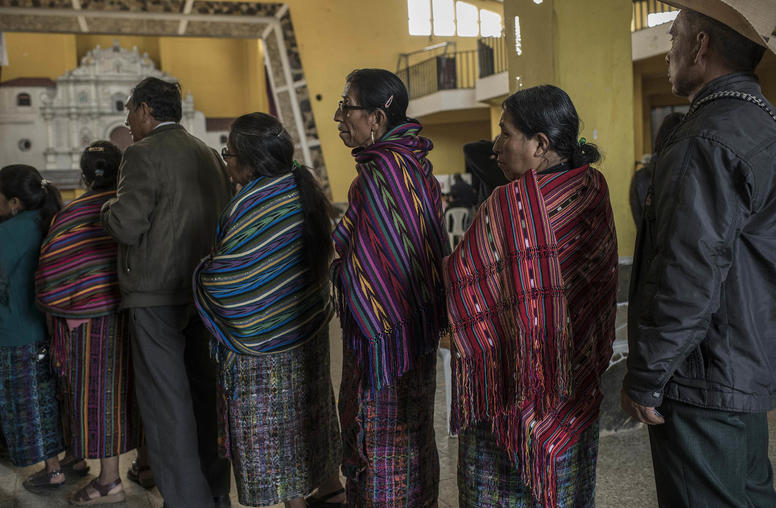
¿Elegirán los votantes o los tribunales al próximo presidente de Guatemala?
Los guatemaltecos acuden a las urnas el 20 de agosto para votar en la segunda vuelta de las elecciones presidenciales. Ambos candidatos provienen de la centroizquierda del país: Sandra Torres, activista veterana, que ya se ha presentado dos veces a las elecciones presidenciales, y Bernardo Arévalo, quien lidera un partido relativamente nuevo y cuya sorprendente victoria lo ha llevado por primera vez a la segunda vuelta.
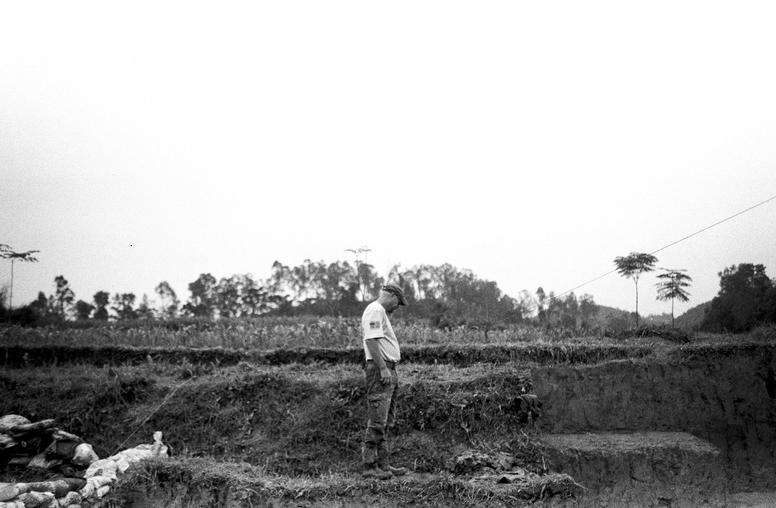
Piecing Together the Fragments of Memory to Find Vietnamese War Dead
On the afternoon of March 12, 2022, I received an urgent message from Lâm Hồng Tiên, an engineer and close friend who has dedicated more than a decade to researching Vietnam War documents. He informed me about the discovery of a mass grave of soldiers from the 22nd Regiment of the People’s Army of (North) Vietnam (PAVN) who died in a fierce battle in the early morning of December 27, 1966, in Bình Định province. This was not an ordinary discovery — it resulted from the recollection of some U.S. veterans who buried the soldiers after the battle. I was elated by the finding, as I felt we could do something meaningful with it.